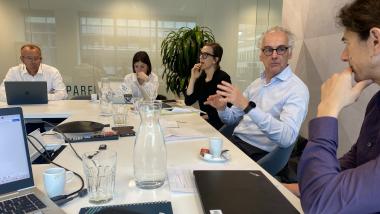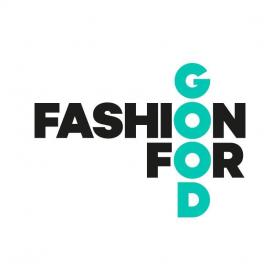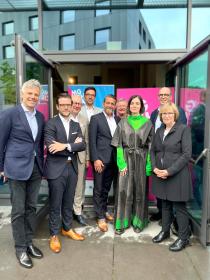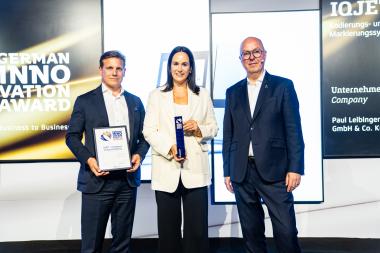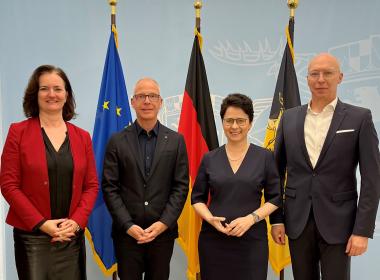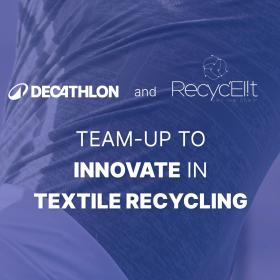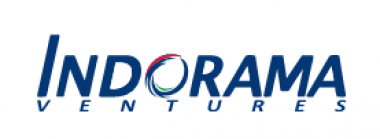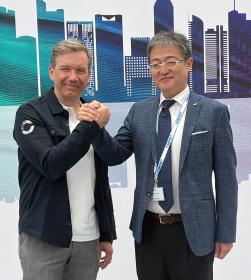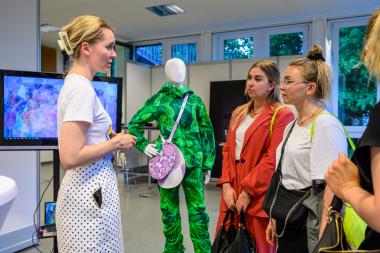New Project to promote Social Partnerships in the European Textiles and Clothing Industry
Supported by the European Commission, EURATEX and industriAll Europe have launched Stitch Together: a new Europe-wide two-year project to promote social partnerships in the European textiles and clothing Industry.
Stitch Together recognises the industry's need to adapt to global competition, eco-friendly practices, and technological advancements, while ensuring decent working conditions and quality social dialogue. The project will foster constructive dialogue between employer and trade unions in seven countries: Belgium, France, Italy, Poland, Portugal, Spain and Türkiye. Through seminars and capacity-building workshops, the project aims to enhance the capacity of social partners and empower them to engage in national and European-level social dialogues. Furthermore, the project seeks to increase social partner involvement in EU policy-making contributing to the development of sustainable and circular practices in the industry.
Euratex


